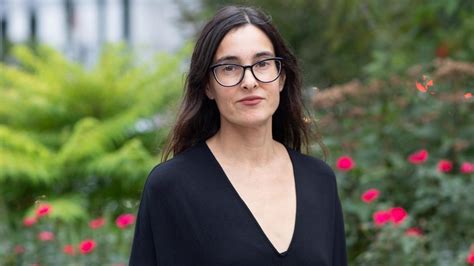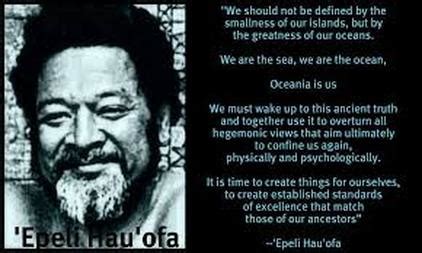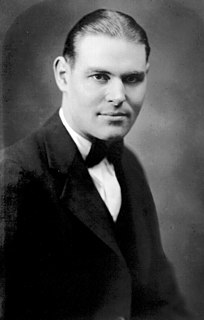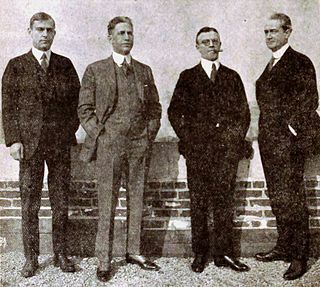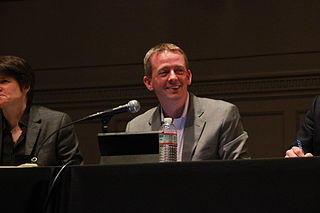A Quote by Jared Diamond
Introspection and preserved writings give us far more insight into the ways of past humans than we have into the ways of past dinosaurs. For that reason, I'm optimistic that we can eventually arrive at convincing explanations for these broadest patterns of human history.
Related Quotes
That the past is ahead, in front of us, is a conception of time that helps us retain our memories and to be aware of its presents. What is behind us [the future] cannot be seen and is liable to be forgotten readily. What is ahead of us [the past] cannot be forgotten so readily or ignored, for it is in front of our minds' eyes, always reminding us of its presence. The past is alive in us, so in more than a metaphorical sense the dead are alive - we are our history.
What is that which can never die It is that faithful force that is born into us that one that is greater than us that calls new seed to the open and battered and barren places so that we can be resown. It is this force in its insistence in its loyalty to us in its love of us in its most often mysterious ways that is far greater far more majestic and far more ancient than any heretofore ever known.
There are so many kinds of madness, so many ways in which the human brain may go wrong; and so often it happens that what we call madness is both reasonable and just. It is so. Yes. A little reason is good for us, a little more makes wise men of some of us--but when our reason over-grows us and we reach too far, something breaks and we go insane.
To consider the matter aright, reason is nothing but a wonderful and unintelligible instinct in our souls, which carries us along a certain train of ideas, and endows them with particular qualities, according to their particular situations and relations. This instinct, 'tis true, arises from past observation and experience; but can anyone give the ultimate reason, why past experience and observation produces such an effect, any more than why nature alone should produce it?
The human condition can almost be summed up in the observation that, whereas all experiences are of the past, all decisions are about the future. It is the great task of human knowledge to bridge this gap and to find those patterns in the past which can be projected into the future as realistic images.
Perhaps generations of students of human evolution, including myself, have been flailing about in the dark; that our data base is too sparse, too slippery, for it to be able to mold our theories. Rather the theories are more statements about us and ideology than about the past. Paleontology reveals more about how humans view themselves than it does about how humans came about, but that is heresy.
There is a constant in the average American imagination and taste, for which the past must be preserved and celebrated in full-scale authentic copy; a philosophy of immortality as duplication. It dominates the relation with the self, with the past, not infrequently with the present, always with History and, even, with the European tradition.

